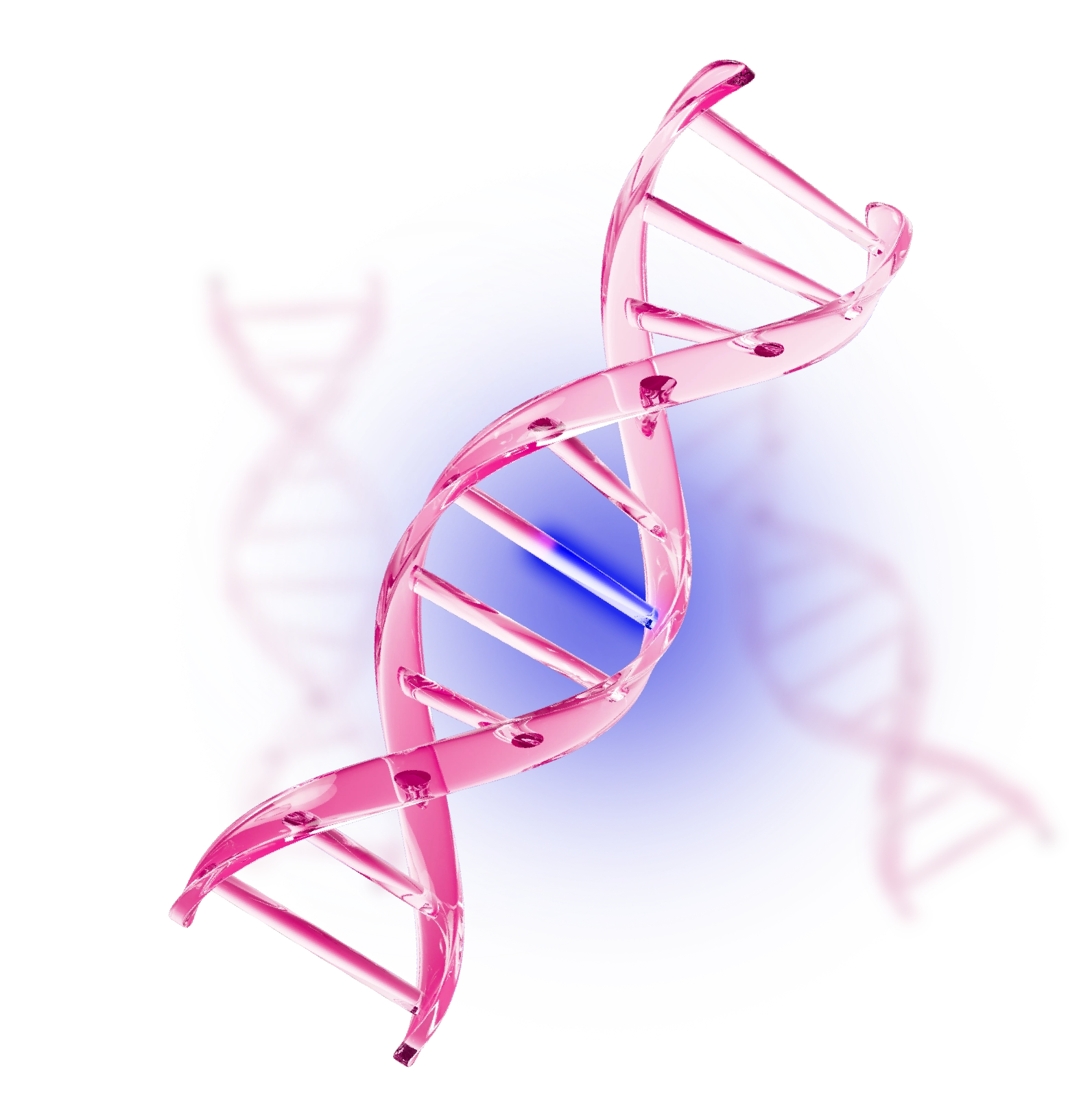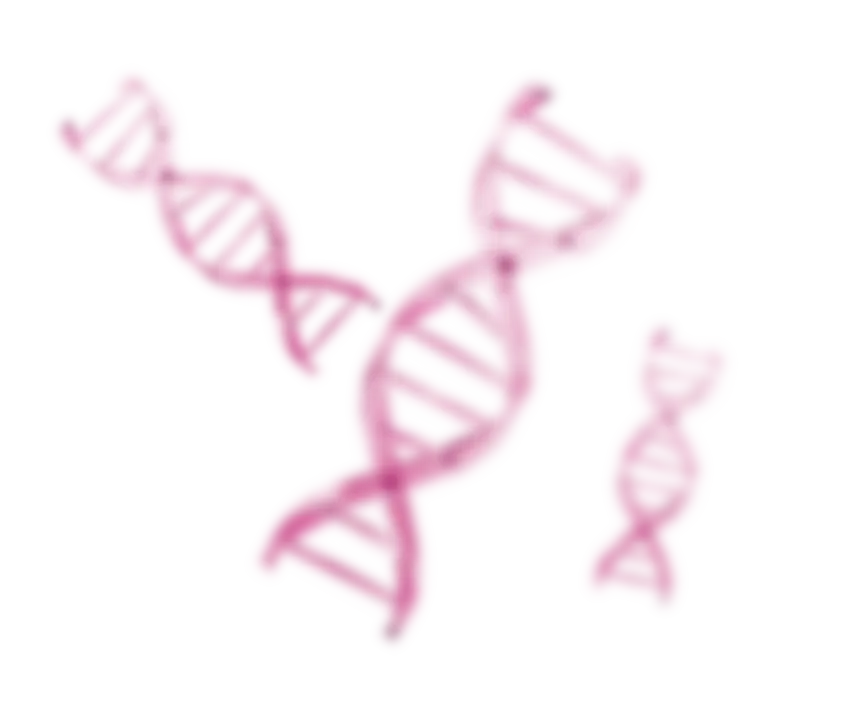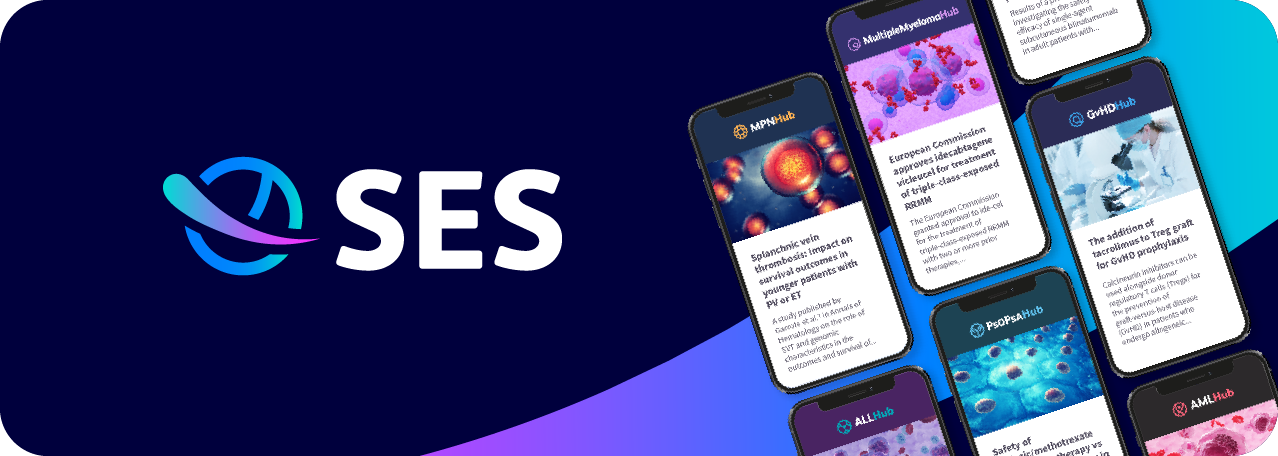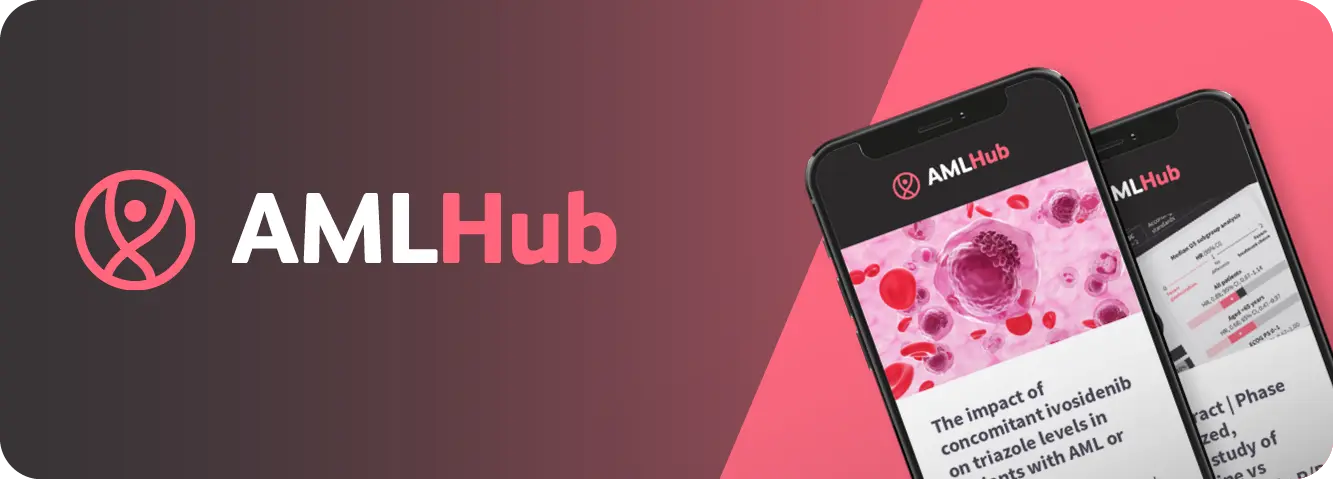Understanding the differences between FLT3-ITD and -TKD mutations in AML: Implications for clinical practice

Agenda
Implications for clinical practice: Managing AML with FLT3-ITD and -TKD mutations

Learning objectives
After attending this webinar, participants will be able to:
- Describe the role of FLT3-ITD and -TKD mutations in AML pathogenesis and distinguish between their molecular and clinical characteristics.
- State the impact of FLT3-ITD vs -TKD mutations on diagnosis, prognosis, and personalized treatment selection for patients with AML.
- Recall key clinical trial data for FLT3 inhibitors in FLT3-ITD- and -TKD-mutated AML and explain their clinical implications.
- Describe considerations for personalizing treatment strategies for patients with FLT3-ITD- and -TKD-mutated AML, including managing relapse and resistance to FLT3 inhibitors.
Our speakers
Meet our panel of experts
Gail J. Roboz
Weill Cornell Medicine
New York, US
Jorge Sierra
Hospital de la Santa Creu i Sant Pau
Barcelona, ES
Jorge Cortes
Georgia Cancer Center
Augusta, US
About SES
Delivering streamlined independent medical education to enhance clinical practice. SES hubs allow time-stretched healthcare professionals to easily access curated scientific, medical, and clinical information that expedites their learning and empowers their treatment decisions. Informed by patients, curated by world leaders, and endorsed by expert societies, our hubs support healthcare professionals worldwide with up-to-date, accessible, and impactful educational content.
About the AML Hub
The AML Hub is an open-access online resource, dedicated to providing balanced, credible, and up-to-date medical education in AML. Our aim is to enhance knowledge in AML through the multichannel dissemination of global advances related to its classification, diagnosis, treatment, and management.
The AML Hub shares new data, evidence-based articles, therapy approvals, expert opinions, and international congress coverage with treatment teams and researchers around the world.

